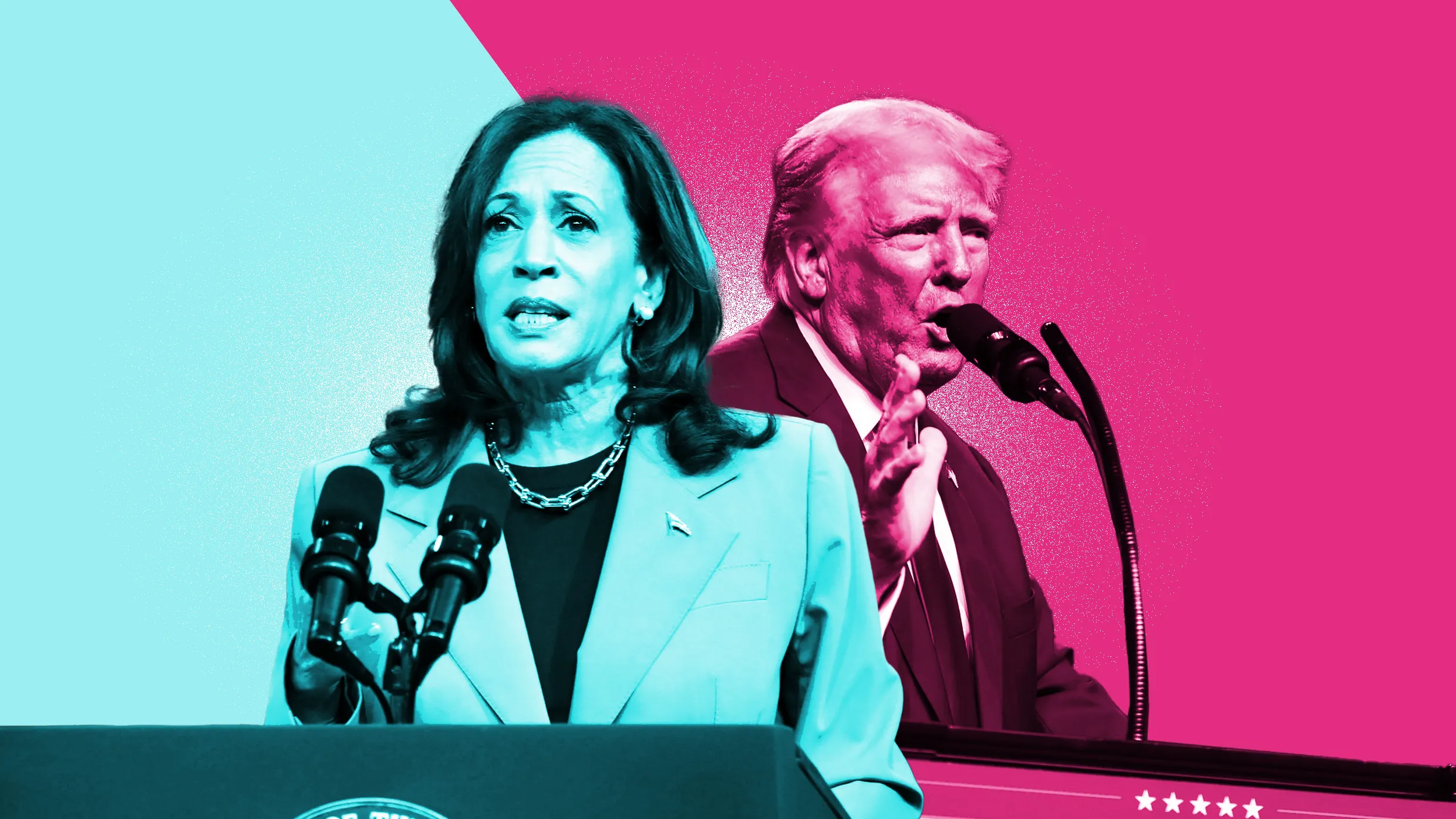The 2024 Election Debate: How Gen Z is Shaping Political Discourse on TikTok

The 2024 Election Debate: Gen Z and TikTok
Tonight at 9 p.m. ET, Vice President Kamala Harris and former President Donald Trump will engage in their critical one-on-one debate. Despite no live audience, the debate is set to air across major networks such as ABC News, CNN, and NBC. Meanwhile, many viewers will eagerly await highlights on TikTok, as they turn to their For You Page (FYP) for the most buzzworthy moments.
Shifting Political Engagement
To connect with voters, candidates are adapting to online platforms, where 40% of respondents in an AP-NORC survey indicated they prefer watching debate clips after the event rather than tuning in live. The Pew Research Center found that a third of adults under 30 in the U.S. utilize TikTok for news, indicating its increasing relevancy in political matters.
- Gen Z TikTok users often engage in political discussions more actively than those on other platforms.
- As TikTok takes center stage, its influence is mirrored from previous elections where Facebook and Twitter dominated.
Who to Watch on TikTok
For those keen on live insights, notable TikTok figures like Harry Sisson, Pearlmania500, and Link Lauren are poised to share their reactions during and after the debate.
Viral Clips and Political Impact
Research indicates that TikTok can significantly affect political opinions, making it crucial for politicians to maintain a presence on the platform. Harris amassed 4.2 million followers shortly after launching her account, while Trump also gained traction after endorsing TikTok despite initial opposition.
- Engagement: Videos on the campaigns are receiving equal attention, showing the platform's balance.
- Meme Potential: Viral moments could shift public perception drastically, with past debate clips garnering millions of views.
Big stakes await tonight, as the outcome of the debate may ripple through social media, influencing the political landscape as we gear up for the 2024 election.
This article was prepared using information from open sources in accordance with the principles of Ethical Policy. The editorial team is not responsible for absolute accuracy, as it relies on data from the sources referenced.